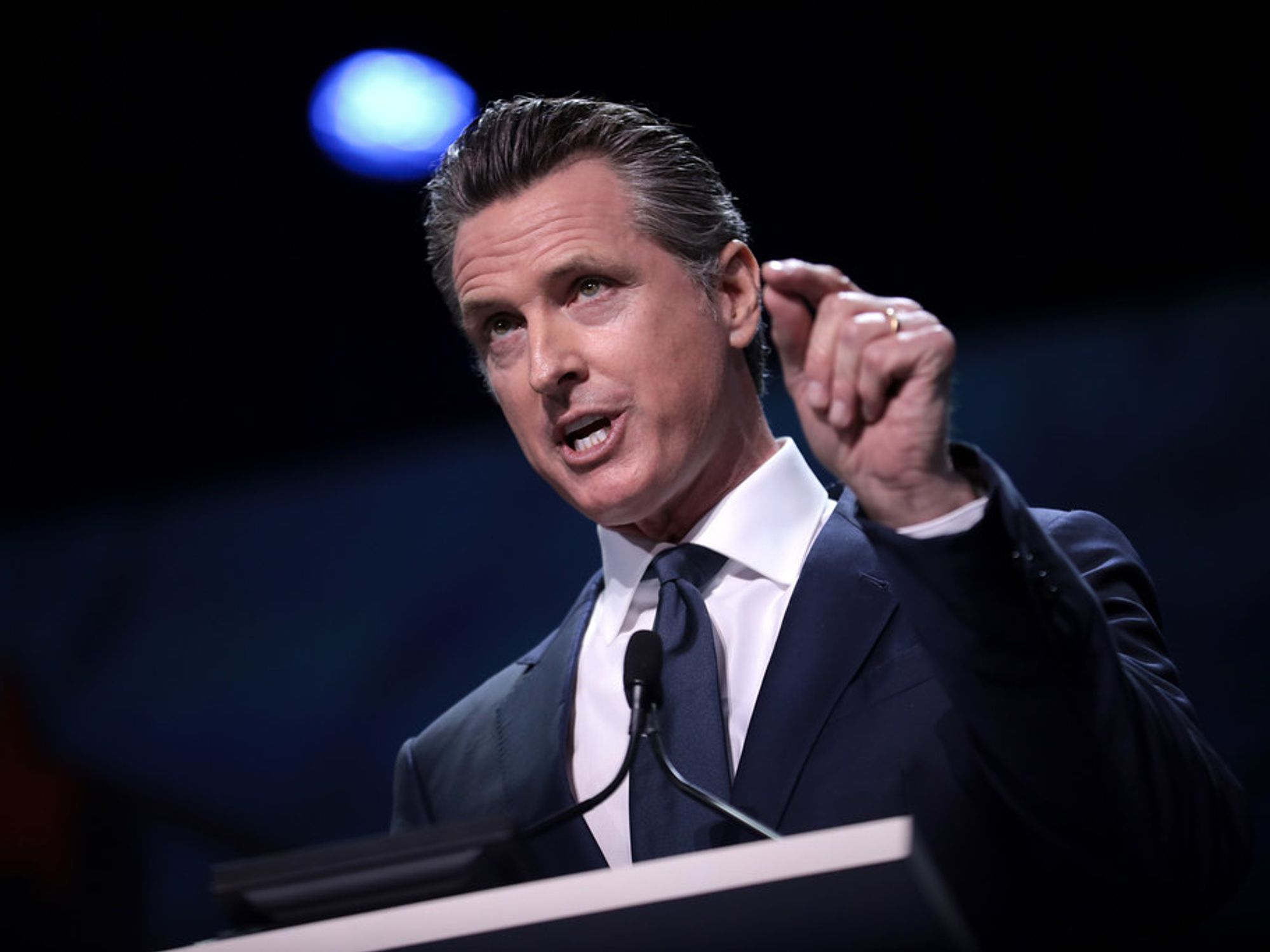Gov. Gavin Newsom Vetoes California ‘BitLicense’ Bill To Regulate Crypto Exchanges

California isn’t getting its version of the New York BitLicense bill anytime soon after all. Governor Gavin Newsom vetoed the bill Friday.
The bill, sponsored by Democratic Rep. Tim Grayson out of Vallejo, passed by the state assembly in a 71-0 vote at the beginning of September. Like New York State’s 2015 BitLicense legislation, AB 2269 would have set out requirements for the behavior of crypto exchanges such as Coinbase or Binance. Additionally, California crypto exchanges would’ve been prevented from trafficking in stablecoins (cryptocurrencies pegged to the value of an asset like the Yen, dollar, or Euro) without a license to do so.
Gov. Newsom explained his veto in a Sept. 23 message to the Assembly. The governor stated that while he shared “the author's intent to protect Californians from potential financial harm,” his administration “has conducted extensive research and outreach to gather input on approaches that balance the benefits and risk to consumers, harmonize with federal rules, and incorporate California values such as equity, inclusivity, and environmental protection.”
“It is premature to lock a licensing structure in statute,” the statement continued, “without considering both this work and forthcoming federal actions.” Newsom said it’s necessary for the government to be flexible “to ensure regulatory oversight can keep up with rapidly evolving technology and use cases and is tailored with the proper tools to address trends and mitigate consumer harm.”
It’s refreshing that a government official knows how legislation connected to new technology can fall short as the tech evolves. Still, Gov. Newsom also pointed out that AB 2269 would’ve cost “tens of millions of dollars for the first several years” out of the state’s general fund—something unaccounted for in the state’s yearly budget.
Rep. Tim Grayson responded to Newsom’s action via tweet, writing in part that the crypto “market is under-regulated at best and deliberately rigged against everyday consumers at worst. A financial market cannot be considered healthy if there are no guardrails in place to protect consumers from scams & bad actors.”
California’s legislators haven’t been alone in examining ways to bring some discipline into the cryptocurrency wilderness. In 2022 alone, Oklahoma passed HB 3279, and Utah passed (and signed into law) SB 182—both bills intended to create regulatory schemes and give state agencies the power to control any business related to digital currency.
Additionally, the White House released a statement on Sept. 16 outlining a “Comprehensive Framework for Responsible Development of Digital Assets,” which was a follow-up to President Joe Biden’s Executive Order from March 9, which was intended to ensure the responsible use of digital assets.
While Gov. Newsom’s veto means California is avoiding additional and possibly costly crypto regulations, for now, the tide nationwide seems to be turning in favor of putting rules in place to protect crypto investors. Given that in June, the Federal Trade Commission reported over $1 billion in losses to cryptocurrency scams since the beginning of 2021, some might say new regulations protecting consumers are overdue.





 Image Source: Skyryse
Image Source: Skyryse